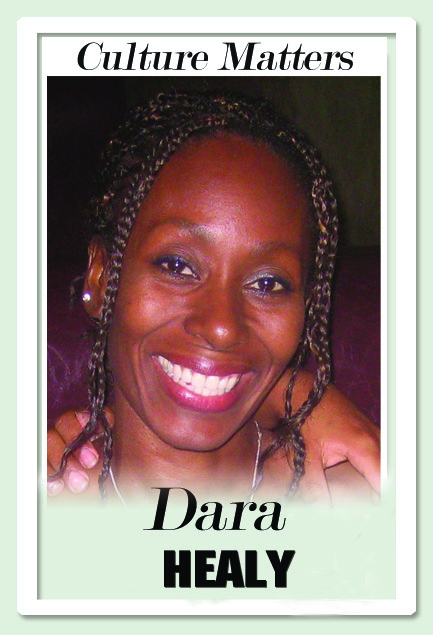Beyond the boycott

Culture Matters
There are the people who, having enjoyed the profits and privileges of racialism for most of a lifetime, now that racialism is under fire and in retreat, profess a lofty scorn for it...Their means have changed, not their ends, which are the same as they always were; to exploit racialism for their own comfort and convenience. They are a dying race and they will not be missed. They are a source of discomfort to their children and embarrassment to their grandchildren.
– CLR James, Beyond a Boundary, 1963
IN 2019, basketball legend Shaquille O’Neal became the first African American to be on the board of Papa John’s, a global pizza giant. Having earned some US$290 million as an athlete, it was not that “Shaq” needed the money. His selection was part of a strategy to save the company from boycotts and financial ruin after racist statements by its founder.
In June of this year, the Black Lives Matter movement launched an initiative to shun organisations that perpetuate racism through their corporate policies. “It's not just about boycotting, it's about voting with our dollars...We believe that we can eradicate racism through economics. We are expecting companies to not only have diversity programmes but to actually spend their money on Black businesses.”
In TT, calls are being made to boycott the Ramsaran business after a family member referred to the African community as cockroaches. While a boycott is a legitimate form of protest, after we move products off the shelves, then what?
Our issues with race run deep. Once again, we are forced to deal with the consequences of our inaction. Of course, there are some who would point to the presence of people of colour in the corporate world, to our apparent racial harmony and the opportunities that are available to all. They scoff at the notion that people from certain communities are less likely to be hired than others. Earlier this year, they were offended by the African youth who rioted in Laventille; indeed they demanded that stronger action be taken by the police against such vile displays of indecency.
The Port-of-Spain unrest and continued racist comments by business people are historically connected, as are the links between dark-skinned people of African heritage and the racial slur “cockroaches.” This derived from the horrors of the Middle Passage, when Africans were packed on ships alongside items such as food, cargo and live animals.
The intermingling of decaying food, human and animal waste would have created a fertile breeding ground for vermin. This slur is thus associated with people of African heritage who live in impoverished homes or communities.
Leaders of political entities blame each other for fuelling racial ignorance, but what has been done by any of them to repair these ills? Fundamental change must go beyond the inclusion of different races in political parties; as a multi-racial country, that is expected. Successive leaders have not articulated a vision that brings to life the aspiration for every creed and race to have an equal place.
Why are our pioneers and innovations absent from our physical spaces? Why are culture and the arts not harnessed to transform education into a vibrant space that understands and celebrates our differences? Why do parents of colour still give their little girls white dolls? Why are all forms of spirituality not celebrated in schools? Why are such a small percentage of people within the African community engaged in business?
Boycotting businesses can only be the first step towards answering these questions, as companies are not guaranteed to change their policies and not many organisations can afford to contract a famous athlete to salvage their reputation. Additionally, as attempts to boycott advertising on Facebook show, such actions may only really cause “damage to the company’s reputation than to its bottom line.”
In the 1960s, with colonialism in decline and the civil rights movement gaining pace, it would have been reasonable for CLR James to consider those who enjoyed the benefits of racism a dying race. Racism is like the cockroach, virtually impossible to kill since they can survive for a week without a head and there are thousands of species. James could not have imagined that racist comments would be made by the very generations he felt would be embarrassed by such beliefs.
Boycotts are a valid form of protest against discriminatory businesses, but unless we eradicate the disease of racism from our society, we risk suffering from its symptoms for generations to come.
Dara E Healy is a performance artist, communications specialist and founder of the NGO, the Indigenous Creative Arts Network – ICAN


Comments
"Beyond the boycott"